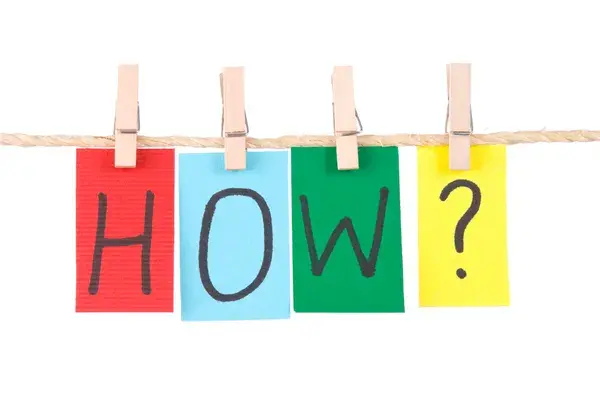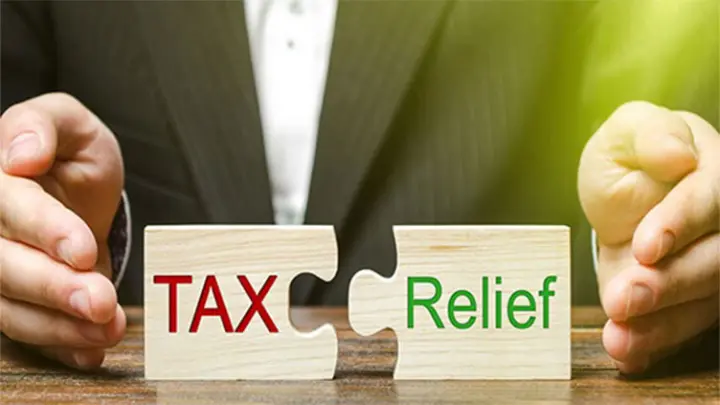
What is LHDN and Its Role in Malaysia?
LHDN is Malaysia’s official tax authority responsible for:
- Collecting income tax from individuals and businesses.
- Enforcing tax laws under the Income Tax Act 1967.
- Managing tax exemptions and deductions to alleviate financial burdens.
- Conducting tax audits and investigations to prevent evasion.

Who Needs to Pay Taxes in Malaysia?
- Individuals: If your annual income exceeds RM34,000 after EPF deductions, you are required to file a tax return.
- Self-Employed & Freelancers: All income derived from business activities, freelancing, or side gigs must be reported.
- Companies: All registered businesses must declare their profits and pay corporate tax.
- Expats & Foreigners: Non-residents working in Malaysia are subject to different tax rates.

How to Register for Taxes with LHDN
To start paying taxes, you need to register for a tax file number with LHDN. Here’s how:
For Individuals
- Visit the MyTax Portal (https://mytax.hasil.gov.my)
- Click on “Daftar Individu” (Individual Registration)
- Upload your IC (MyKad) and supporting documents
- Receive your Tax Identification Number (TIN) via email
- Use your TIN to access e-Filing and manage your taxes
For Businesses & Companies
- Register your business with SSM (Companies Commission of Malaysia)
- Visit the nearest LHDN branch to obtain your business tax file number
- Submit the required business documents
- Start reporting your business income
Step-by-Step Guide to e-Filing
- Login to MyTax Portal.
- Select e-Filing > e-BE (for individuals) or e-B (for businesses).
- Enter your income details, tax reliefs, and deductions.
- The system will automatically calculate your tax payable or refund.
- Submit your tax return before the deadline (April 30 for individuals).
- If you owe taxes, pay via FPX, bank transfer, or credit card.
After submission, keep a digital copy of your tax receipt as proof of filing.

Tax Reliefs & Deductions to Reduce Your Taxable Income
One effective way to lower your tax liability is by claiming tax reliefs. Here are some key deductions available for the Year of Assessment (YA) 2025:
1. Self & Dependent: RM9,000.
2. Spouse (if no income): RM4,000.
3. Child (below 18 years old): RM2,000 per child.
4. EPF & Life Insurance: RM7,000.
5. Education Fees: RM7,000.
- Includes tertiary or postgraduate education.
- Personal upskilling/self-enhancement courses (limited to RM2,000) [Extended to YA 2026].
6. Lifestyle (gadgets, internet, books): RM2,500.
- Covers expenses for the purchase of books, journals, magazines, newspapers, computers, smartphones, tablets, sports equipment, and internet subscriptions.
7. Medical Expenses (self, spouse, parents): Up to RM10,000.
- Includes medical treatments, special needs, and carer expenses for parents.
8. Education and Medical Insurance Premiums: Increased relief limit to RM4,000.
9. Disabled Individual: Increased relief from RM6,000 to RM7,000.
10. Disabled Spouse: Increased relief from RM5,000 to RM6,000.
11. Disabled Child: Increased relief from RM6,000 to RM8,000.

Tax Deadlines & Late Payment Penalties
- Individual Tax (Form BE) – April 30
- Business & Partnership Tax (Form B & P) – June 30
- Late filing – RM200 to RM20,000 fine or imprisonment
- Late payment – 10% penalty on unpaid tax
- Tax evasion – Heavy fines and potential jail time
How to Check Tax Refunds & Payments
If you overpaid taxes, you’re eligible for a tax refund (also known as a tax rebate). Here’s how to check:
- Login to MyTax Portal > Go to e-Kemaskini > Check “Bayaran Balik Cukai”
- Refunds are processed within 30 to 90 days after submission
- Ensure your bank details are updated to receive your refund via direct deposit
For unpaid taxes, you can make payments through bank transfers, FPX, or cash deposit machines at LHDN branches.

Common Mistakes to Avoid When Filing Taxes
- Not keeping receipts for tax relief claims
- Forgetting to declare side income (freelancing, rental, dividends)
- Waiting until the last minute to file taxes
- Ignoring tax notices from LHDN
- Providing incorrect bank details for tax refunds
Need Help & Assistance?
Our team provides expert tax and business support services to help individuals and companies manage taxation and compliance effortlessly. Don't hesitate to reach us!

Complete Guide to Taxes in Malaysia: What You Need to Know About LHDN